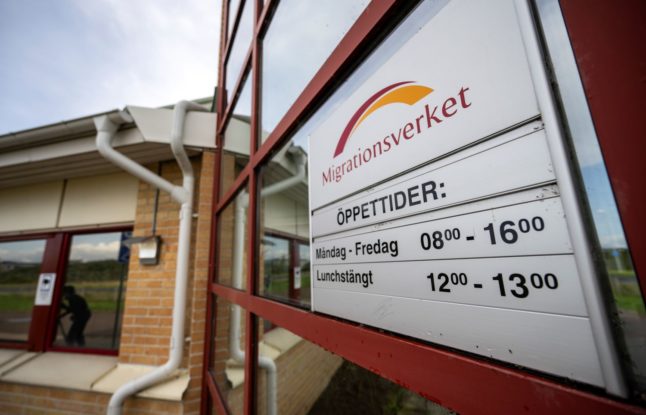The Hoxha family from Albania have lived in Lenhovda, Småland, since 2013, but have now been told to leave the country after Gentian Hoxha's work permit extension was rejected.
“The company didn't pay out my holiday compensation in time because they had problems with money, and that's not my fault,” Gentian Hoxha told SVT Småland. “My youngest son was born in Sweden, why shouldn't he grow up here? I haven't done anything wrong, it's unfair.”
Sweden has strict rules around holiday entitlement, and employees with 25 days' holiday may only save five of these days to use in a future year; any further days must be converted to money and paid out as semesterersättning.
Hoxha had 58 outstanding vacation days, which he had earned over a three-year period, which his employer did not compensate him for in time. Even though the company paid out the missing semesterersättning just days after the Migration Agency decision, that did not change the outcome.
After laws about work permits were tightened and came to apply retroactively in 2015, the Migration Agency began judging such cases more strictly, and the number of permit rejections rose dramatically.
READ MORE:
- Why is Sweden deporting skilled foreign workers?
- New dad faces deportation from Sweden after 16 years due to holiday pay error
- What to do if your work permit renewal is rejected
In December 2017, legislation was passed which meant permits should not be rejected if a mistake had been noticed and action taken to correct it before it was pointed out by the Migration Agency – but the complicated nature of the paperwork means that often employers and workers believe they have followed the process correctly and only learn of the mistake when the permit is rejected.
Judgments from the Migration Supreme Court have also set a precedent that decisions should be based on an overall assessment of factors, meaning that one minor mistake should not derail an otherwise good application.
But a Migration Agency spokesperson told SVT Småland that three years of unpaid vacation pay could not be considered to be a minor mistake.
In order to apply for a new work permit, Hoxha must reapply from Albania, meaning he would need to leave his job and the home he owns.
The family has reportedly appealed the decision to multiple bodies, so far without success, and is currently waiting to see if the Migration Court will approve an exemption to the requirement to be outside Sweden when making a new work permit application.
READ ALSO: Everything you need to know about annual leave in Sweden



 Please whitelist us to continue reading.
Please whitelist us to continue reading.
This is the sort of stories that scare me, especially with Brexit around the corner 🙁